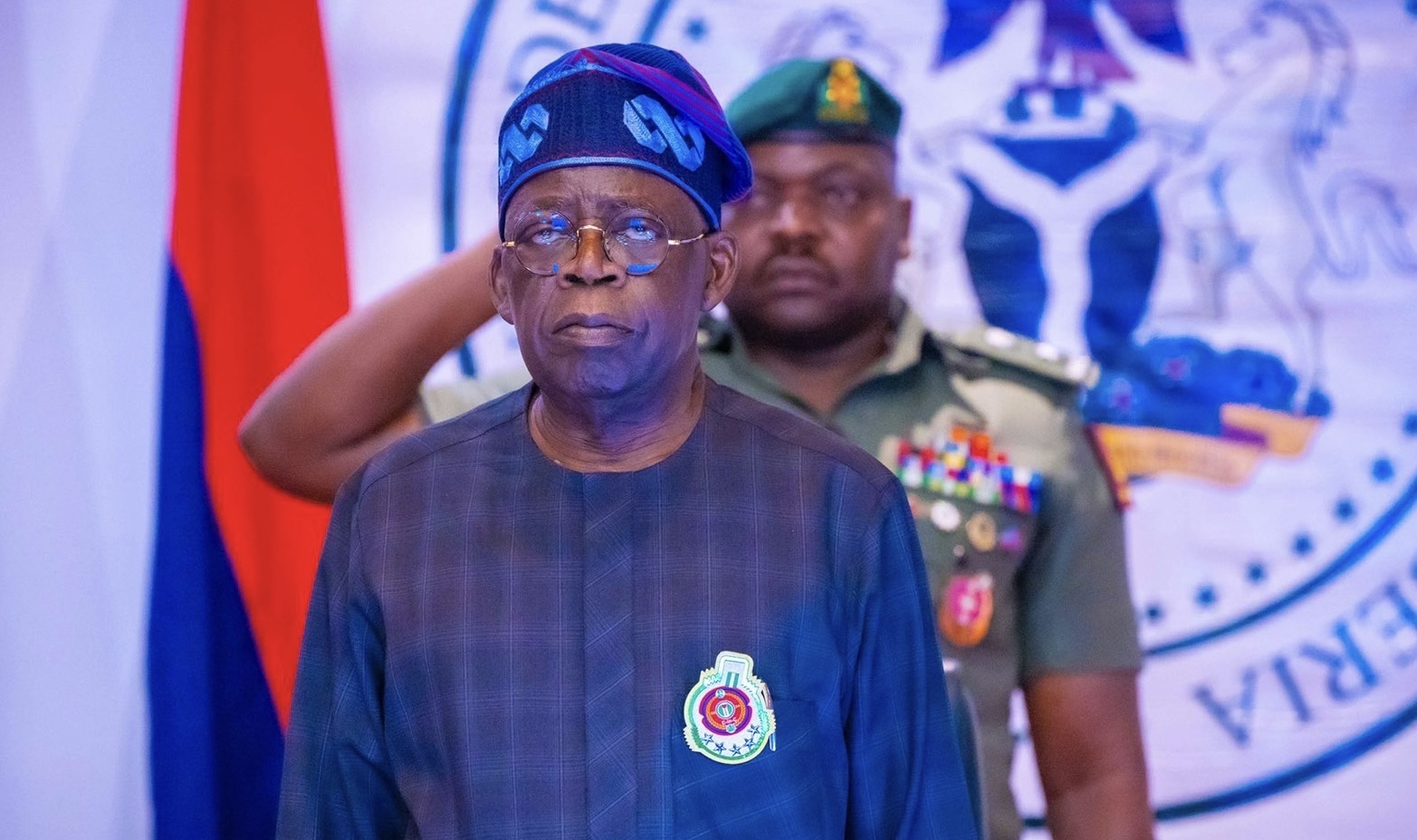Amidst the fanfare of a new year, President Bola Tinubu offered a glimmer of hope to struggling workers: a pledge to implement a new national minimum wage in 2024. The announcement, delivered during his New Year’s address, was met with a mix of cautious optimism and lingering skepticism.
Tinubu pledged, “We will work diligently to make sure every Nigerian feels the impact of their government. The economic aspirations and the material well-being of the poor, the most vulnerable and the working people shall not be neglected. It is in this spirit that we are going to implement a new national living wage for our industrious workers this new year. It is not only good economics to do this, it is also a morally and politically correct thing to do.
“I took an oath to serve this country and give my best at all times. Like I said in the past, no excuse for poor performance from any of my appointees will be good enough.
“It is the reason I put in place a Policy Coordination, Evaluation, Monitoring and Delivery Unit in the Presidency to make sure that governance output improves the living condition of our people.”
Sweet words, but will they translate? Tinubu’s assurance of a new wage resonated with a populace grappling with the harsh realities of inflation and a stagnant economy. His invocation of “morally and politically correct” action hinted at an understanding of the public’s yearning for economic justice. However, the devil, as always, lies in the details. Questions swirled around the specifics of the proposed wage increase – its magnitude, timeline, and potential impact on inflation and business operations.
Beyond promises, performance: The President’s speech went beyond the minimum wage, reiterating his commitment to improving Nigerians’ well-being and tackling the economic concerns of the “poor, the most vulnerable, and the working people.” His pledge to hold his appointees accountable and his emphasis on the new Policy Coordination Unit raised hopes for improved governance and a more responsive administration. Yet, past promises still linger, casting a shadow of doubt on the effectiveness of these proposed solutions.
A cautious embrace of optimism: Whether Tinubu’s New Year’s address marks a true turning point or merely another chapter in the cycle of promises remains to be seen. Workers, weary from years of economic hardship, rightfully await concrete details and swift action on the wage front. Meanwhile, the success of the Policy Coordination Unit hinges on its ability to translate good intentions into tangible improvements in people’s lives.
One thing is clear: the President has offered a ray of hope amidst the economic gloom. However, the true measure of his success will lie not in grand pronouncements, but in the delivery of meaningful change that uplifts the lives of all Nigerians, particularly those struggling on the margins. The new year presents an opportunity for a fresh start, but only time will tell if Tinubu’s promises will pave the way for a brighter economic dawn for the nation.

